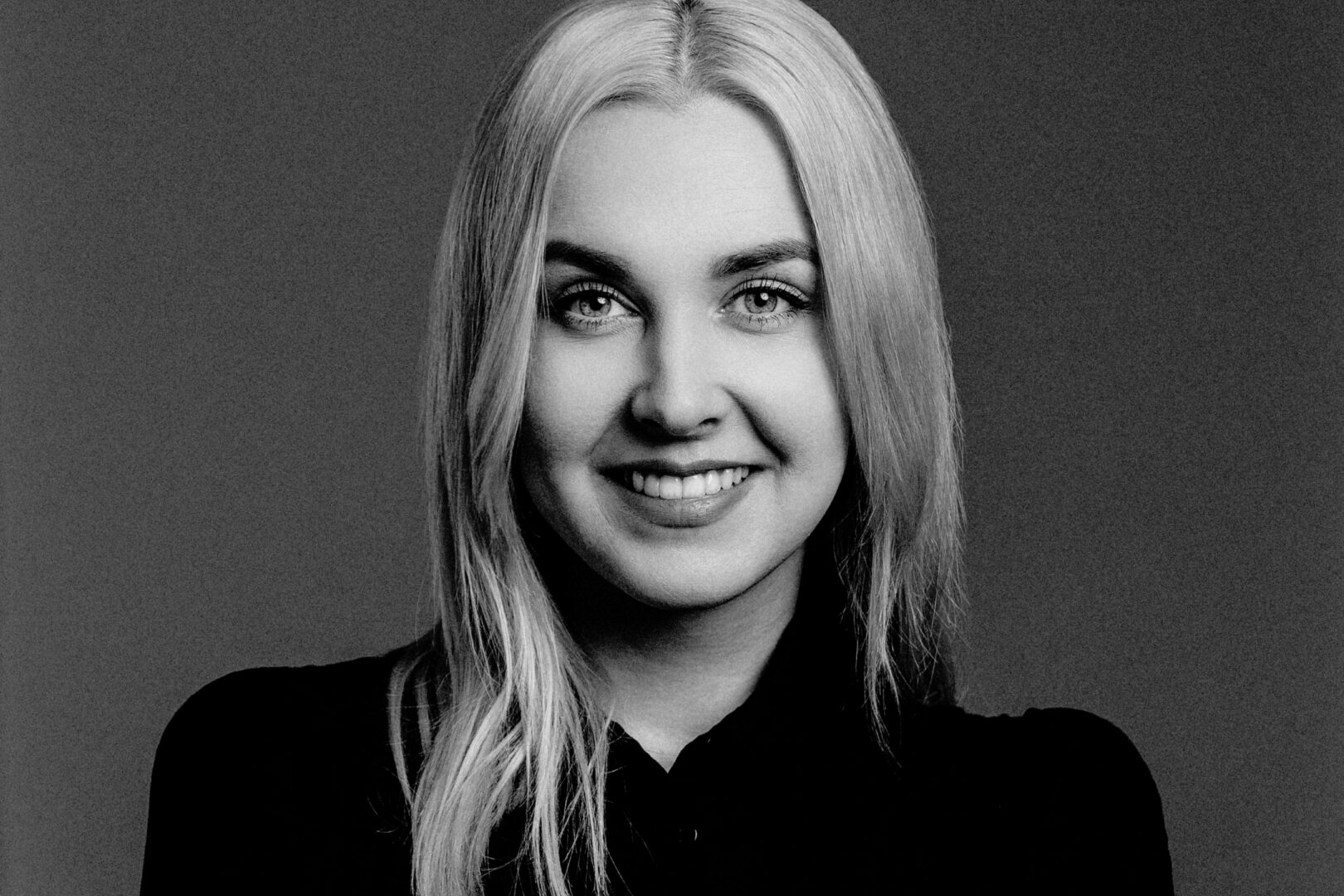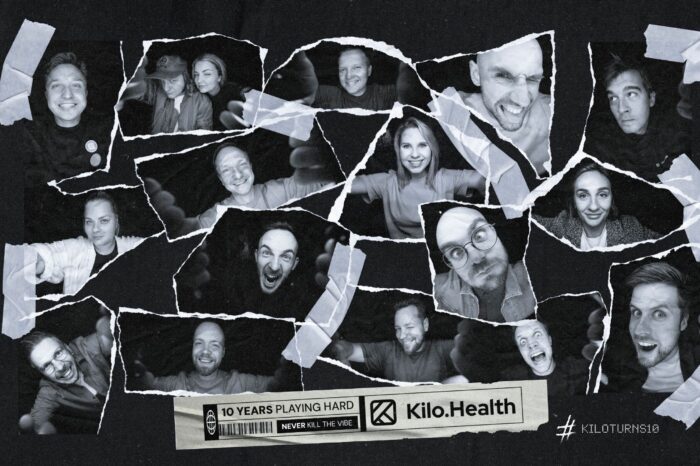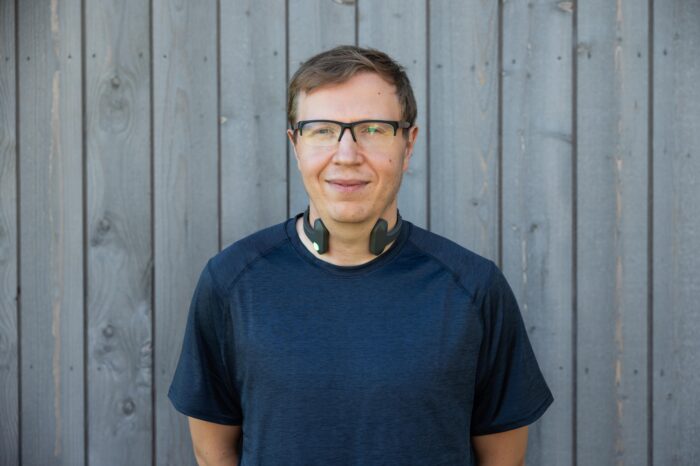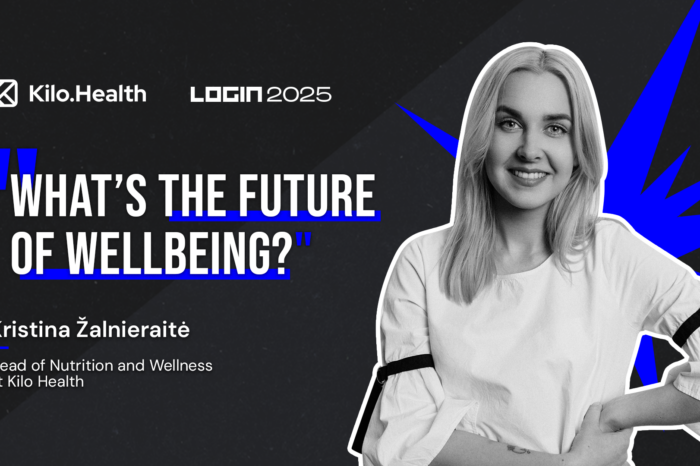

Plenty of us believe we should start eating healthier, but might sound like a demanding task. But it does not have to be impossible. It is all about gradual change and working on new habits that will last.
I’ve gathered several practical tips after working as a licensed and registered dietitian for close to a decade. Hope they might help you make healthier choices today without feeling overwhelmed or deprived.
All our food comes from either plants or animals. We should eat foods that our grandmas would recognize as food — so always pick the least processed version of the plant or animal while grocery shopping. Check the label and see if there are more than 5 ingredients on it. Is it easy to pronounce each of them?
Eat whole foods such as berries, fruit, vegetables, nuts and seeds, oily fish, legumes, and whole grains as much as possible. They contain essential nutrients like protein, fiber, healthy fats, vitamins, and minerals.
Filling up half of your plate with fruit and veggies will not only provide a bunch of essential nutrients for your body but will also make you fuller and more satisfied for longer.
Generally, you would spend around 15 minutes cooking a high-quality steak. It takes less than 8 minutes to boil an egg. Most soups will only require 10 minutes for chopping up some veggies. Reinventing leftovers might take up even less than that. If you decide to try meal prepping, you can cook once or twice a week and eat healthy meals every day.
While cooking, you control the ingredients and eat fresh and wholesome meals. Pre-made meals and restaurant food typically contain higher sodium, fat and total calories than home-cooked meals.
Sugar-sweetened beverages such as soda, tonic, fruit juices, milkshakes, lemonade, or energy drinks provide many calories and virtually no nutrients. Sugary drinks do not feel as fulfilling as the same calories from solid food.
Research indicates they also do not compensate for the high caloric content of these beverages by eating less food.
Think about these liquids not as drinks but as snacks. Most of them will have way more than 150–200 calories than a nutritiously rich snack would have. Even though I am not a big fan of counting calories, this is still quite a valuable measurement that helps choose what kind of foods should be more common in your meals.
If it’s high in calories and low on everything else, it’s probably not the best option.
Instead, follow the clues your body offers. Choose hydrating drinks such as water, sparkling water, and herbal tea if you feel thirsty. Get yourself a yogurt with fruit and nuts, apple slices with peanut butter, dark chocolate with almonds, popcorn, or beef jerky if you feel hungry. You might also be just bored — instead of getting a milkshake, call a friend or go on a walk.
Our gut bacteria is often neglected, which leads to plenty of health issues. It’s not only digestion problems that we might occur — since everything in our bodies is closely connected, our gut health can also impact our immune system, sleep, mood, and even cognitive capabilities.
Also, fiber is food for the good bacteria in your gut and it balances your microbiota. It also regulates your blood sugar levels, lowers cholesterol levels, improves digestion, and ensures regular bowel movements. Finally, fiber can reduce the risk of some types of cancer and cardiovascular disease.
Opt for whole-grain pasta, bread, rice, and other whole-grain cereals to increase your fiber intake. Top your porridge, toast, or yogurt with nuts and seeds. Snack on whole fruits, leave skins on vegetables, such as potatoes and carrots, and add lentils and beans to your meals.
Eating around 30 grams of fiber per day increases the feeling of fullness, and most Americans do not pass this threshold.
Include plenty of probiotic fermented foods such as sauerkraut, miso, kimchi, kombucha, Greek yogurt, or kefir. These foods increase the number of helpful bacteria in your gut and help to keep your digestive system healthy.
Dietary fats are not inherently bad for you. Nuts, seeds, or fatty fish are rich in vitamins and microelements, and your body needs some fats to protect your organs, store energy, and produce necessary hormones.
There are 3 main types of dietary fats: unsaturated fats (found in nuts and fatty fish), saturated fats (such as cheese or red meat), and trans fats (found mostly in junk food).
Consuming too much saturated and trans fats can raise your cholesterol levels and put you at higher risk of heart disease. Choose foods with unsaturated fats such as oily fish, nuts, seeds, vegetable oils, spreads, or avocado.
Fatty cuts of meat, coconut oil, butter, hard cheese, cream, and other full-fat dairy products, and cakes, biscuits, fast food, and pies are not the best choice — eat them infrequently.
A healthy diet helps you consume enough macronutrients — carbs, protein, and fats. This way, they can support energetic and physiologic needs and provide enough vitamins, minerals, and hydration to meet the body’s physiological needs.
Carbohydrates are the primary energy source in the diet and are found in grains, fruits, legumes, and vegetables.
Whole grains are preferred over processed grains — you should always prefer eating the less processed version.
Fresh fruits and vegetables supply energy and dietary fiber. It promotes the feeling of satiety and has positive effects on gastrointestinal function, cholesterol levels, and glycemic control. Fresh fruits and vegetables are also key sources of phytochemicals (e.g., polyphenols, phytosterols, carotenoids). These bioactive compounds have many health benefits associated with fruit and vegetable consumption.
Dietary proteins provide a source of energy and amino acids. Some of them the human body requires but cannot produce on its own (i.e., essential amino acids).
Dietary proteins are derived from animal (meat, dairy, fish, and eggs) and plant (legumes, soy products, grains, nuts, and seeds) sources.
Animal-based sources of protein contain saturated fatty acids. They have been linked to cardiovascular disease, dyslipidemia, and certain cancers, and they should be consumed in moderation (e.g., twice per week).
Dietary fats (or lipids) are the primary structural components of cellular membranes and are also cellular energy sources.
As we already discussed, unsaturated fats are found in various foods, including fish, many plant-derived oils, avocado, nuts, and seeds. In contrast, animal products (and some plant-derived oils) contribute significantly more saturated fats. Among dietary fats, unsaturated fats are associated with reduced cardiovascular and mortality risks.
Trans fats and saturated fats are associated with negative impacts on health.
Would you agree that these are the main steps toward healthier nutrition?
If that is the case, I would love to have you on my team! Check out the career page, and let’s meet up for a coffee.



Kilo Health concluded 2024 on a strong note, achieving stable revenues and growth, alongside a team of 450 employees. In 2024, the company’s consolidated revenue remained steady at €234 million, the same as in 2023. Despite external market challenges, Kilo…

Ask, research, support. These three words sum up my role — or maybe just the nerd face emoji. Currently, I am working as a Scientific Research Lead at Kilo Health. But before that, I’ve always been on a similar path,…

As we’re entering an exciting new chapter of business growth and leadership, it’s the perfect time to catch up on the latest changes in our team and where we’re headed next. Dive in and get to know our new CEO…

I’m Matas, and when asked, I refer to myself as an intern — always learning. However, research, strategy, business development, and idea generation are the cornerstones of my work. I want to pull back the curtain and give you an…

I’m Deimante, currently Head of Marketing at Kilo Health, and a big lover of this company. My journey to being hired at Kilo has been quite the ride. How it all started? I underwent interviews with 11 different people and…

Ever dreamt of taking the lead, even if the path isn’t crystal clear? Or to have someone believe in you and offer you a chance to figure out whether you would thrive in a startup environment? Speaking of which, Kilo…

A whole decade has raced by in the blink of an eye for us at Kilo Health, and what better way to celebrate than to reflect on the milestones and lessons over the years? Do you know where we started?…

We, the co-founders, are just ordinary individuals with grand ambitions. There are times when we work twice as long and intensely as others, yet we’re equipped with the same amount of daytime, energy, and capacity. However, as leaders in the…

There’s no enchanting tale behind how I became a part of Kilo Health. In truth, some of us regular folks simply have regular journeys, and that’s perfectly fine. What counts is that today, I hold a successful product in my…

Reflecting on your achievements from the previous year is advantageous. That’s exactly what we did, proudly demonstrating our boundless aspirations through an impressive 84% growth and 213 million euros. So let’s put our hands in the air and celebrate together,…

I joined Kilo Health back in 2019, and I can prove that when people’s values and mindsets align, great things can be accomplished, even if you don’t have a plan. BoomeranGO!, the first and only product for children provided by…

Lighting, sound, set, and actors are essential components of a film studio, but they are not the sole factors that define its success. Consistent creativity, appreciation of talent, and adaptability to market trends are a few of the things that…

Imagine a world where technology creates a tailor-made meal plan and recommendations after analyzing different data about you. This is not science fiction but a reality that is fast approaching. Traditional plans drawn up by nutritionists are already being replaced…

Hey, I’m glad you’re here — I’m Viktorija Jokantaite-Kutke, the CEO of the Weight Management Accelerator at Kilo Health. One thing about me is that I don’t do boredom. I am always moving, always building. Try to keep up! When…